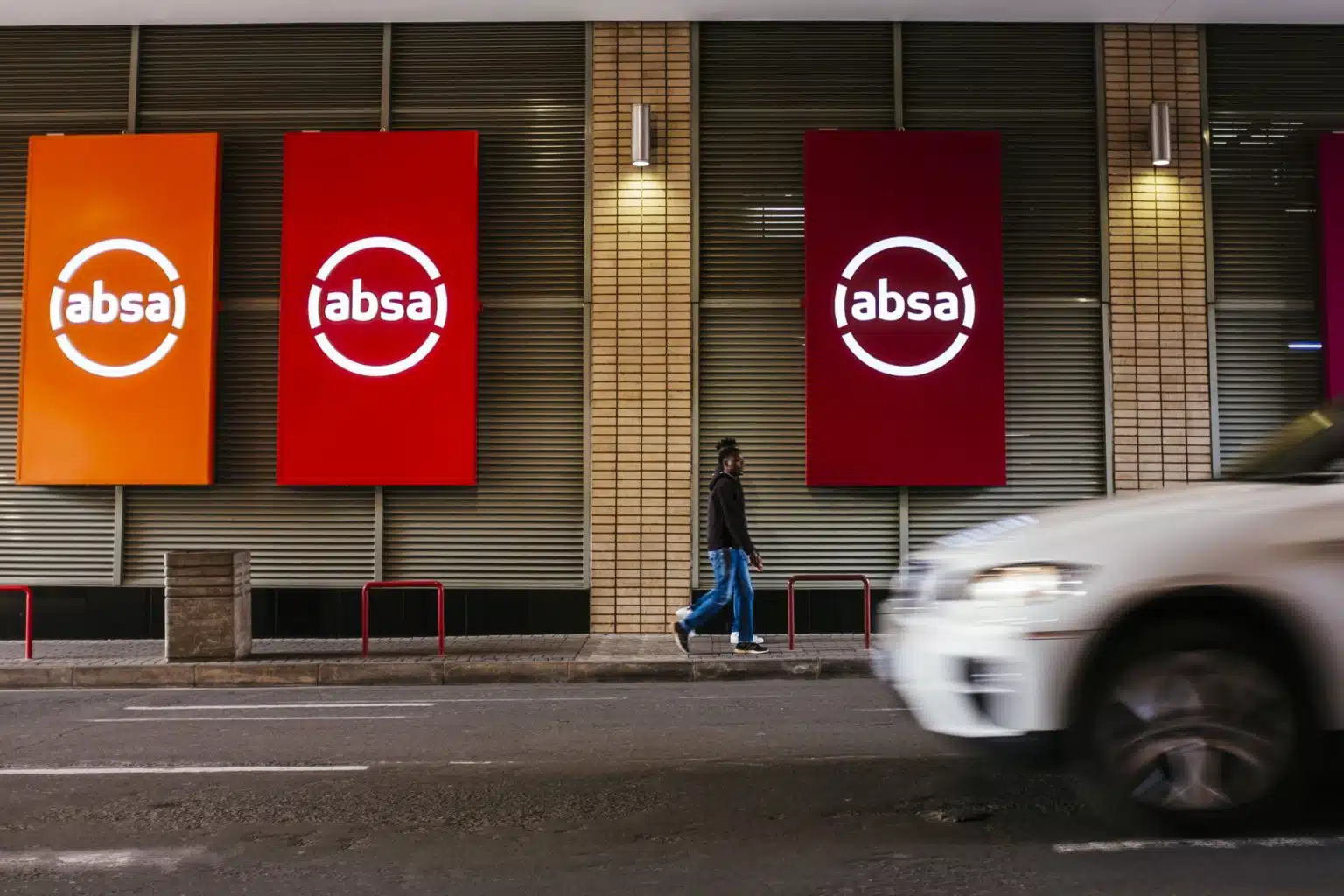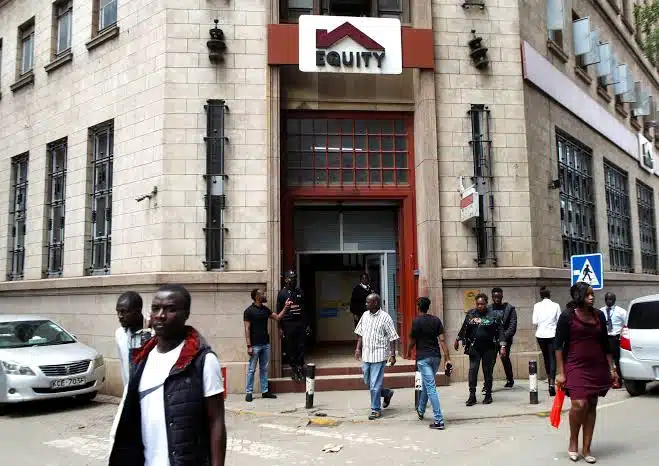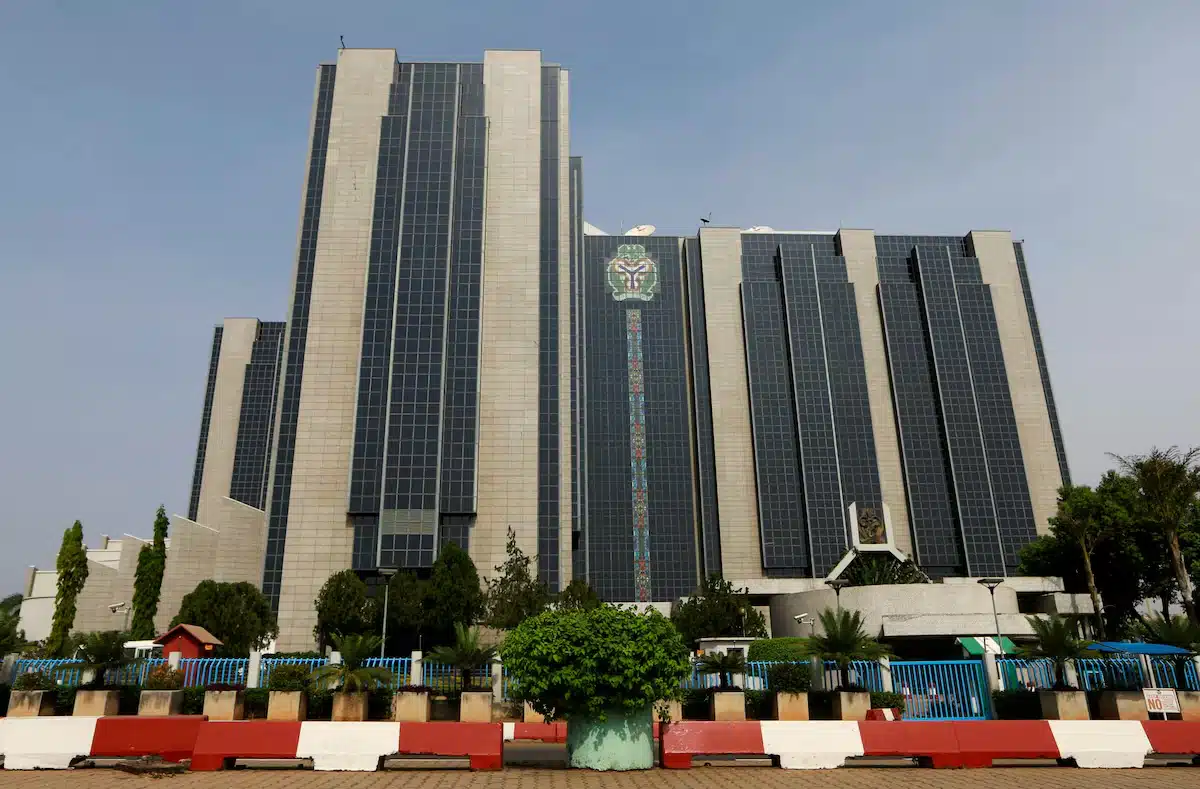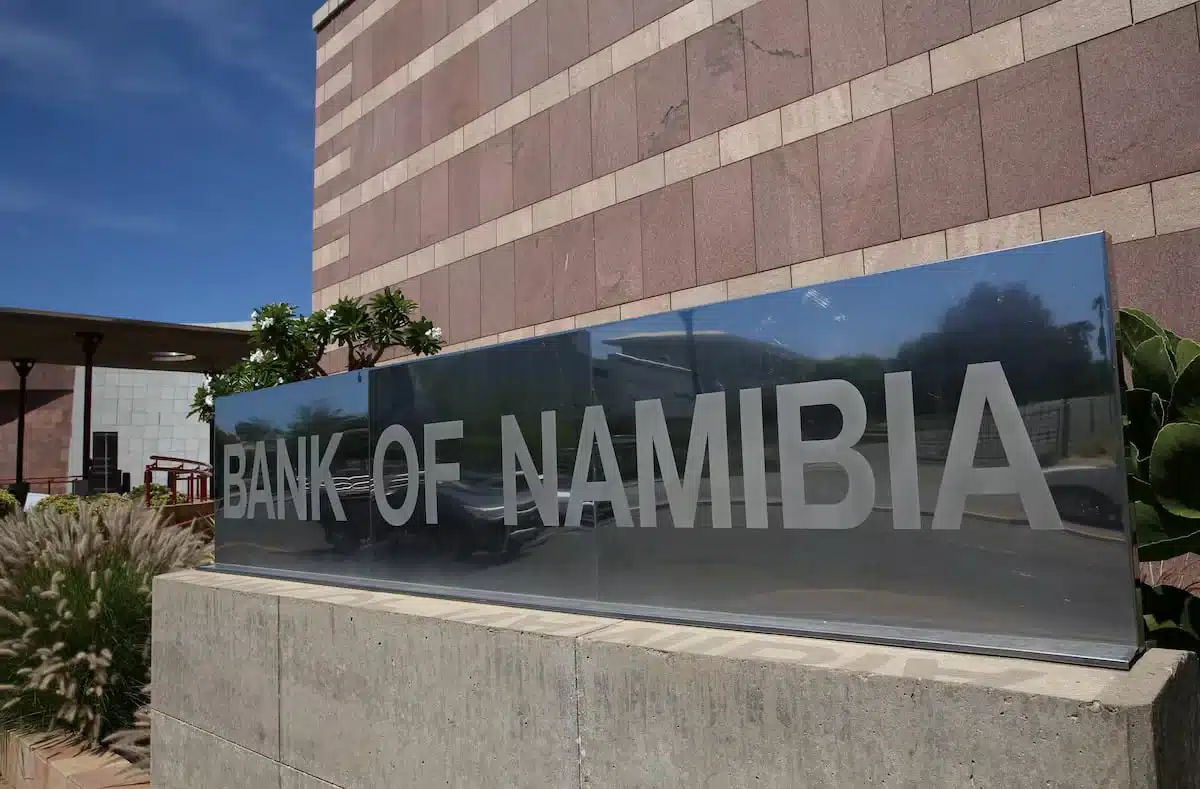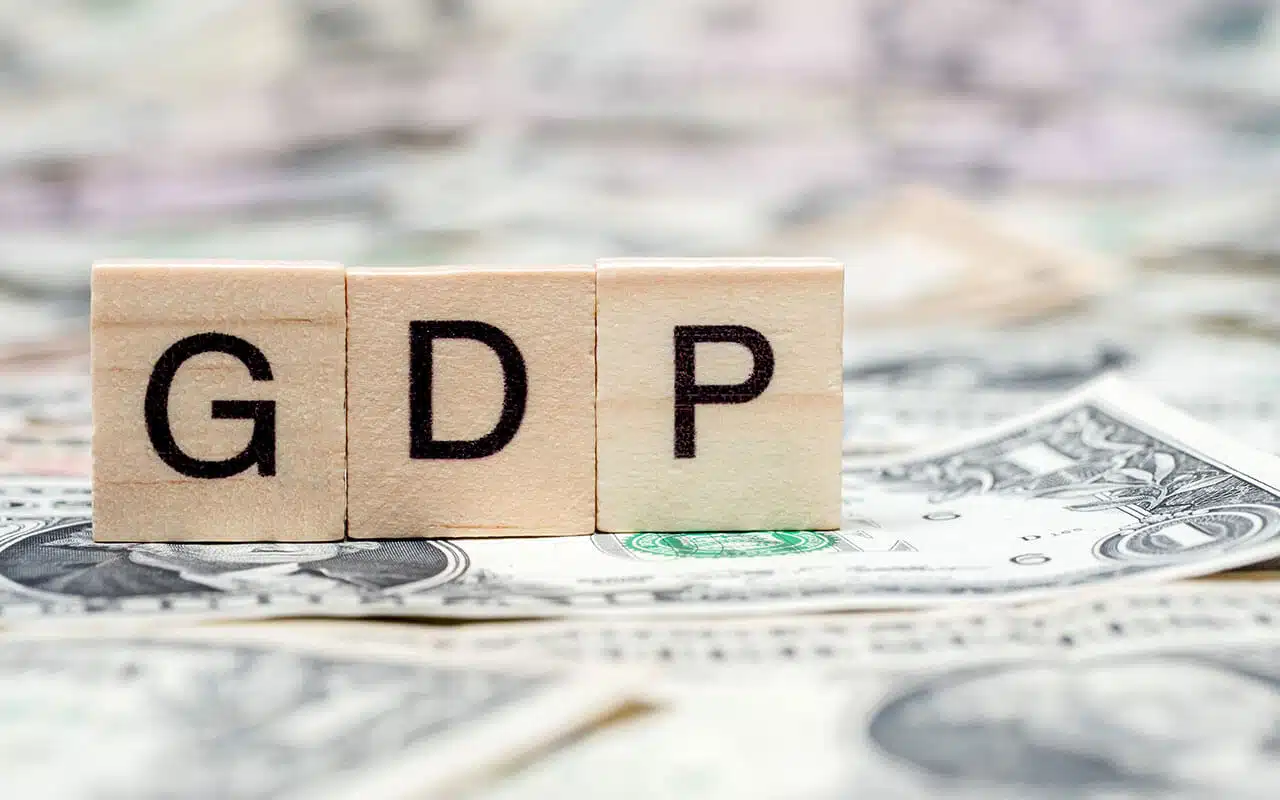Absa Group, South Africa’s third-largest bank by assets, plans to more than triple its green lending portfolio in Mauritius by 2030, as part of a broader push to mitigate financial risks associated with climate change.
Nathan Carr, chief of staff and head of legal and sustainability for Absa Mauritius and Seychelles, disclosed to Bloomberg last week that the bank intends to increase its financing for environmentally sustainable projects from $178 million at the end of 2024 to $664 million by December 2030.
“There is a sustainable role for banks to play a proactive role from an environmental, social, and governance perspective,” Carr said in the interview.
Carr explained that about 16% of the bank’s corporate investment book in Mauritius is exposed to the hospitality sector — mainly beachside resorts — that are already experiencing the impact of environmental degradation including beach erosion, coral bleaching and extreme weather events.
Banks shift towards sustainability
Absa’s latest plan reflects a broader trend within the island nation’s financial sector, where banks are increasingly aligning investments with sustainable development goals.
According to data from the Bank of Mauritius, local banks’ exposure to green projects more than doubld over two years, reaching about $225 million by June 2024.
Loan applications for sustainable initiatives have been growing at an annual rate of 80%, the central bank noted.
The rising interest in green financing comes amid growing climate-related risks to the country’s economy.
Though Mauritius contributes only 0.01% of global greenhouse gas emissions, it has been severely affected by climate change — with more frequent flooding, droughts, and damage to coral reefs that underpin marine biodiversity and tourism.
The Mauritian government has committed to cutting greenhouse gas emissions by 40% by 2030, a goal that will require around $6.5 billion in financing.
Absa Mauritius says it wants to support that ambition by expanding its loan book to include more climate-resilient and low-carbon projects such as renewable energy infrastructure.
“Whether it’s carbon accounting or renewable energy projects such as wind turbines and solar farms, there’s growing demand and there’s a growing pipeline,” Carr said.
To meet this demand, the bank has scaled up its internal capacity, increasing the number of staff working on sustainability issues from one to five.
Additionally, itsgreen project portfolio which stood at $91 million in 2023 rose to $178 million by the end of 2024.
Climate levy to support green transition
Earlier in June, the Mauritian government announced that it would introduce a two percent corporate levy on company profits to bolster funding for climate action.
Finance minister Renganaden Padayachy told lawmakers during a budget speech in Port Louis that the proceeds will go towards “national initiatives to protect, manage, invest and restore the country’s natural ecosystem and combat the effects of climate change.”
However, companies with annual turnover below $1.06 million will be exempt from the levy, he added.
The loan figures were initially reported in Mauritian rupees and have been converted using 45.1 MUR/ $1 as of June 30, 2025.

